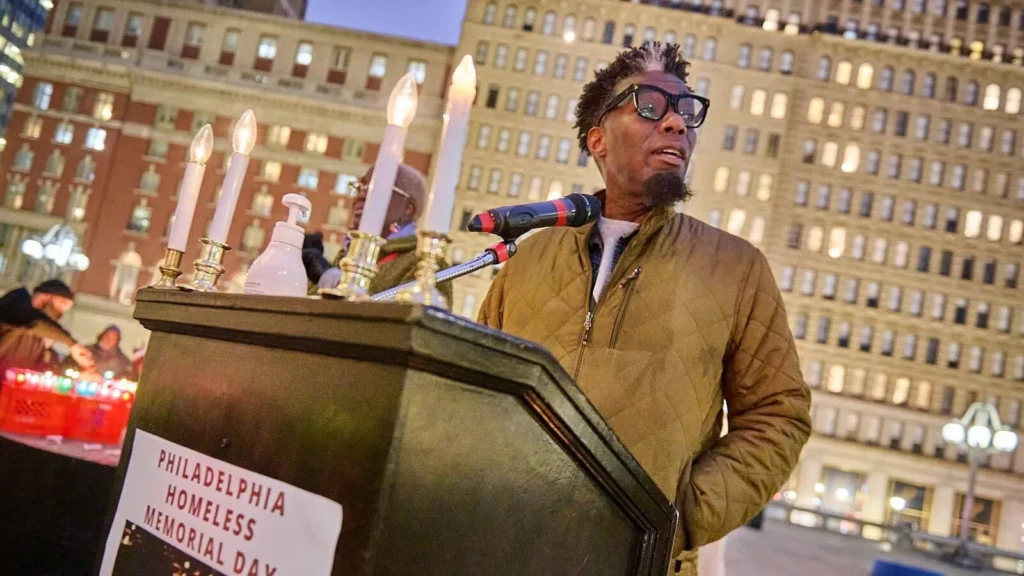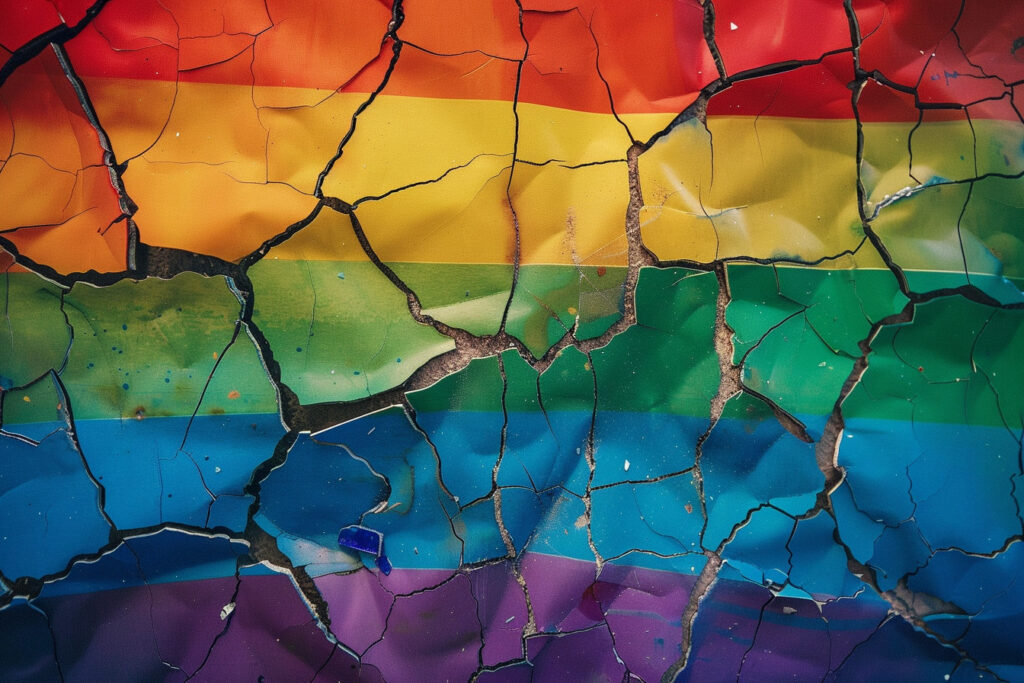Is Donna Summer’s twenty-minute long orgasm, better known as the song “Love to Love You,” a feminist criticism of three-minute sex (the “wham, bam, thank you ma’am”)? Can the dance “The Hustle” be credited for the mainstream popularity of dirty grinding on the dance floor? Did the gay obsession with six-pack abs and dancing shirtless start in the underground disco clubs of New York City? These questions, amongst others, are explored in the absolutely phenomenal documentary The Secret Disco Revolution, playing at this week’s QFest.
The film’s foundational argument that performance and music speaks to society’s disenchantment isn’t anything terribly new—the creation of any art form often times is in response to cultural repression or criticism. However, what Kastner’s documentary suggests is that disco in particular was a form of protest, a means of liberation for women, blacks, and gays in the 1970’s.
The documentary is a masterful fusion of camp, humor, and seriousness that explores the foundation of disco and follows the craze through it’s commercial and social rise to it’s homophobic destruction during the “Disco Sucks” movement. Throughout, the film features interviews and performance clips of some of disco’s biggest stars, including The Village People, Gloria Gaynor, Kool and the Gang, Thelma Houston, KC and the Sunshine Band, and Evelyn “Champagne” King.
Most interesting is the clear conflict between different members of the disco community and the music’s overall social influence—in one scene, members of The Village People grow visibly uncomfortable and downright irate when the filmmaker asks them about their influence on gay culture. To quote one of members, “There is not one double entendre in our songs,” a comment that is heavily criticized by other music and pop culture scholars in the film (and, to be frank, anyone who has ever heard “YMCA” or “Macho Man”).
Martha Wash, who is featured towards the end of the film singing “It’s Raining Men” at a DC Pride event, is asked whether or not disco was a form of protest. After a prolonged pause, she answers with a conflicted, “No,” as she suggests it was a way for individuals to have fun. No doubt, after viewing this film, your reaction will align with how Wash wants disco to be remembered.
Empower Philadelphia: The Michael Hinson Mission Grants
Philly Black Pride introduces the Michael Hinson Mission Grants to honor Michael S. Hinson Jr.’s legacy, supporting Black LGBTQ+ individuals in academic and community initiatives. Apply now!






